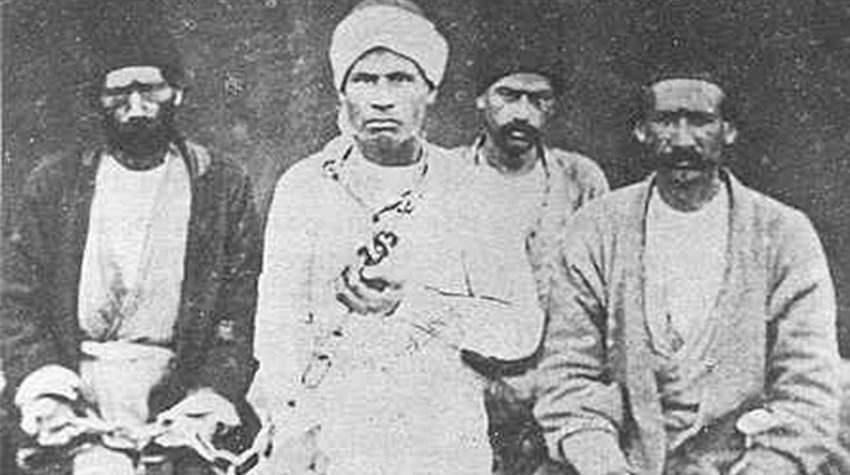
January 20, 2023Program, PublicationsBranded Bodies: Judicial Torture, Punishment, and Infamy in Nineteenth-Century Iran
Former Visiting Fellow Farzin Vejdani's latest Open-Access article published by Cambridge University Press.
Former PLSMW Visiting Fellow Farzin Vejdani’s latest Open-Access article published by Cambridge University Press.
Abstract
Forced branding, tattooing, and bodily inscriptions were linked to a complex intersection of meanings and uses in nineteenth-century Iran. Drawing on insights from studies of bodily inscriptions in other world historical contexts, this paper discusses branding as a marker of ownership, both of human slaves and of animals; Islamic attitudes toward bodily inscription and its symbolic significance in the afterlife; and associations between branding and human or divine love in Persian poetry. From this semiotic foundation, it turns to judicial uses of branding in nineteenth-century Iran: as torture for the extraction of incriminating admissions, and as punishment intended to shame (symbolically casting the criminal from society, stigmatizing their crime) and identify (tracking convicted criminals). Throughout the paper, branding’s legal place is understood in relation to silence and speaking, writing and reading, pain, humiliation, and the inversion of branding’s meaning by its victims, in Iran and a number of other societies.
Read the full article.